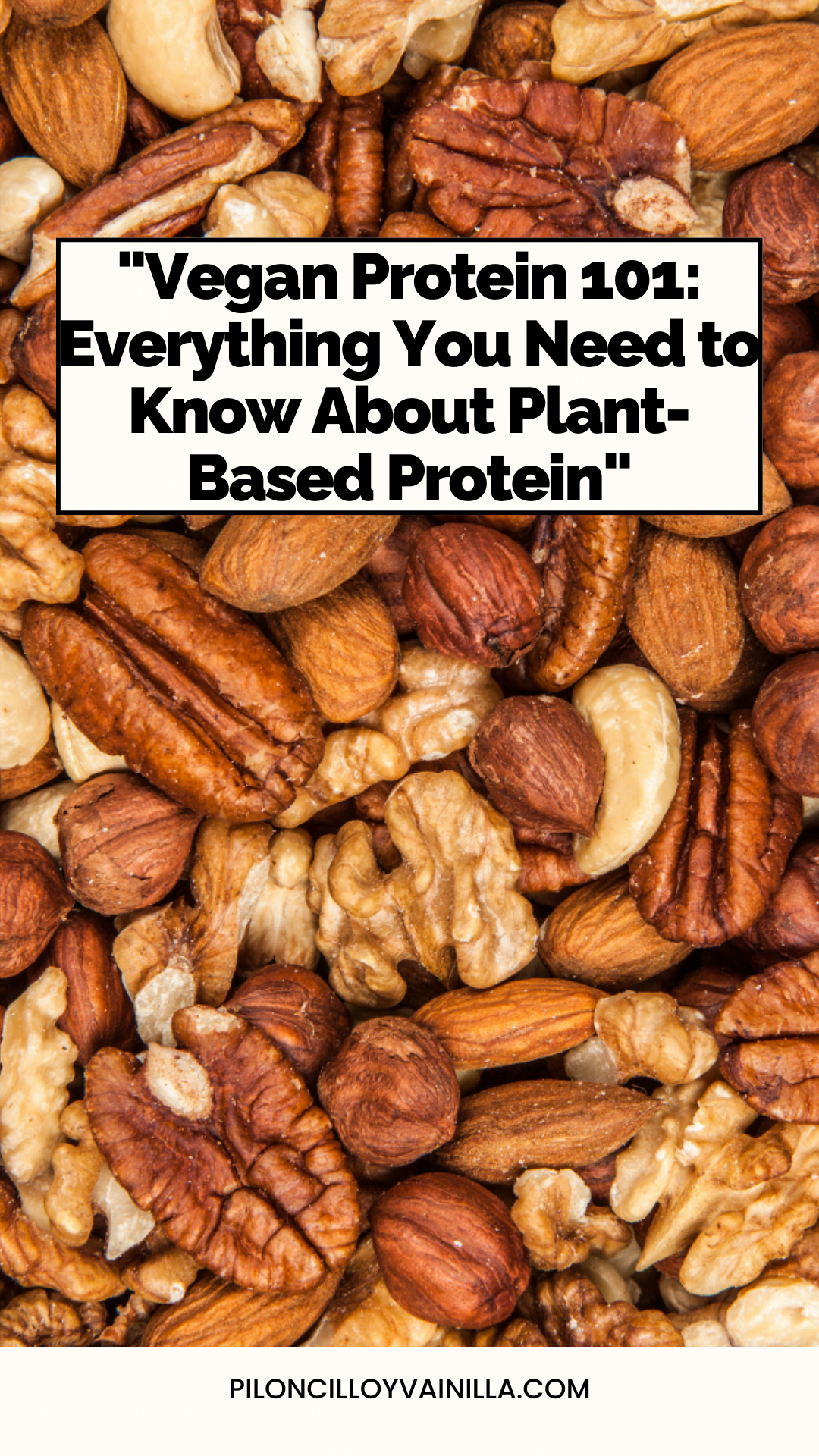Let’s debunk the age-old myth today: the one that suggests you need animal products to fulfill your protein needs. Navigating a vegan diet can be a joyful culinary journey, and meeting your protein requirements is easier than you think! Share this post with your vegan and vegetarian friends!
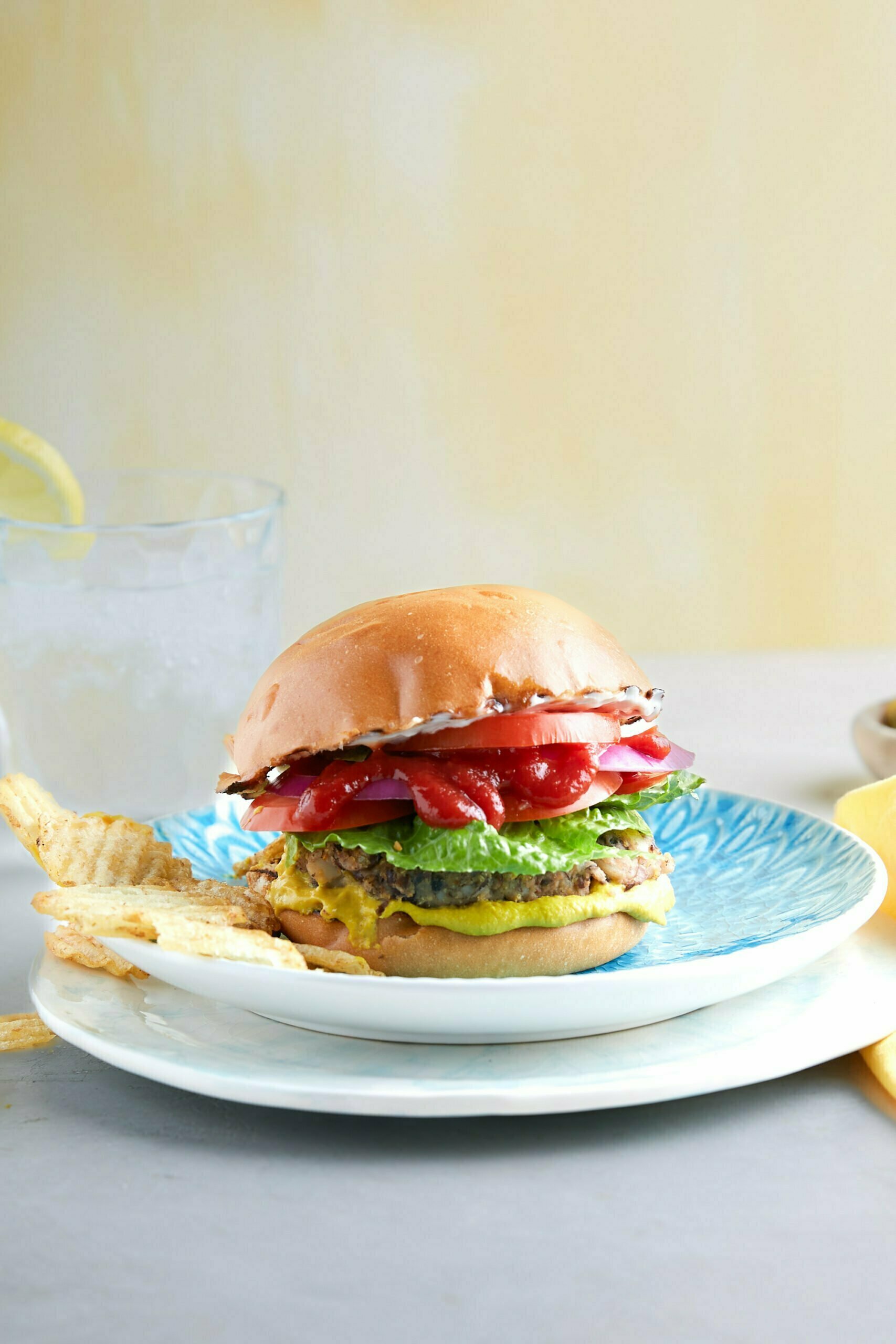
Why Is Protein Essential for Our Bodies?
First things first, let’s tackle the role of protein in our diet. Proteins are composed of amino acids, the building blocks of life, so to speak. They assist in critical functions like cell regeneration, tissue repair, immune system support, and muscle growth. This macronutrient is particularly vital for those engaging in regular physical activity, as it aids in athletic recovery and muscle development.
Nutrient-Dense Vegan Protein Sources
One of the biggest myths surrounding veganism is that it’s tough to get enough protein. Well, let me tell you, there’s a whole world of nutrient-dense, protein-rich foods that are 100% plant-based. Let’s dive into these options in more detail.
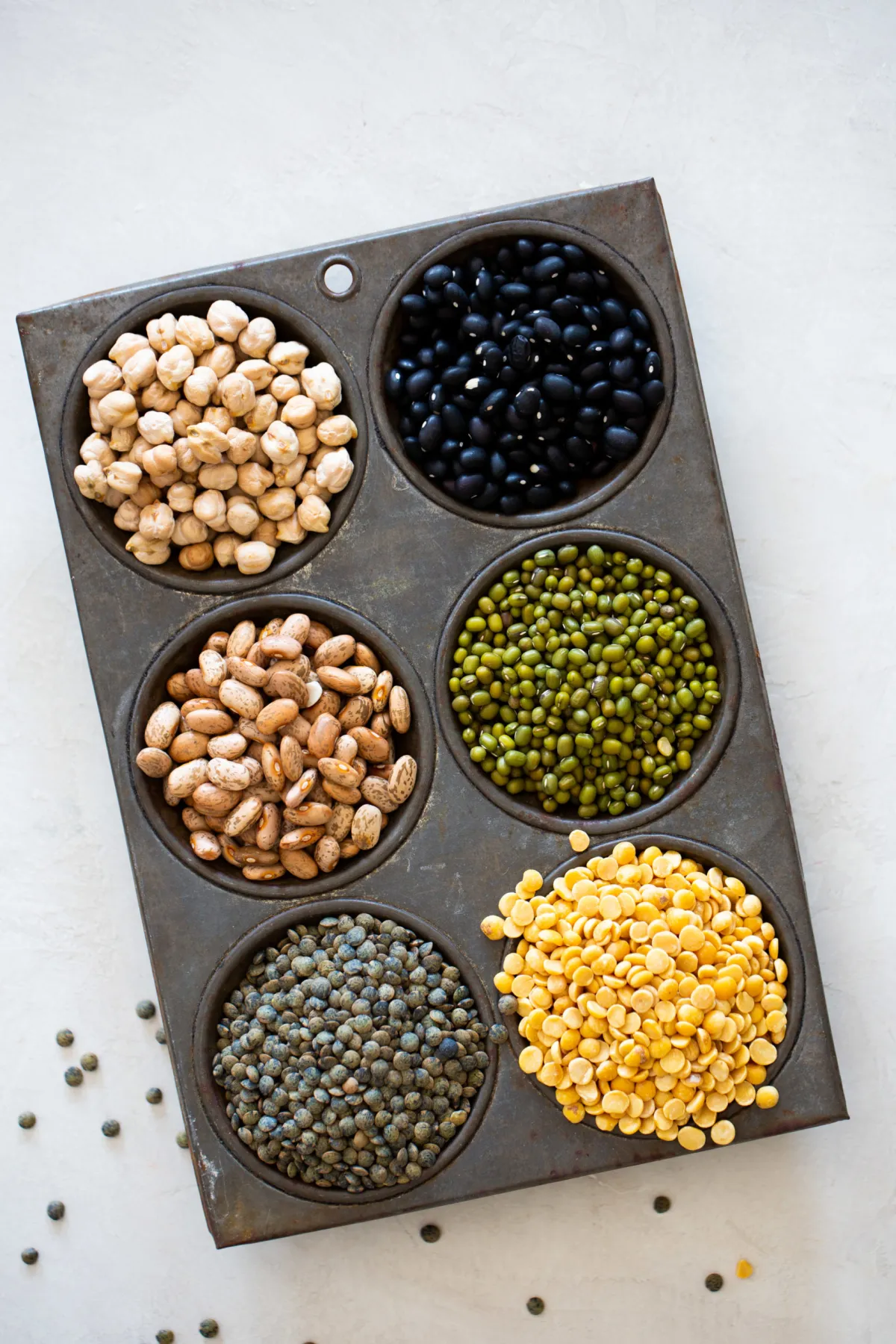
Legumes: A Staple in Plant-Based Diets
- Lentils: Lentils are not only protein-rich but also high in fiber, making them excellent for gut health. You can add them to soups, stews, and curries, or turn them into lentil patties for a filling vegan burger.
- Chickpeas: These small but mighty legumes are rich in protein, fiber, and various vitamins and minerals like folate and iron. Roast them for a crunchy snack, blend them into hummus, or use them in a chickpea curry for a warm, fulfilling meal.
- Beans: Offering around 15 grams of protein per cup when cooked, black beans are great in burritos, soups, or black bean burgers. Think of kidney beans, navy beans, etc.
- Soybeans: The origin of many other protein-rich foods like tofu and tempeh, soybeans themselves are incredibly protein-dense, offering around 28 grams of protein per cup when cooked.
- Peas: Often overlooked, green peas are a hidden gem in the world of vegan protein sources. A cup of cooked green peas offers about 9 grams of protein. They are also rich in vitamins A, C, and K, as well as micronutrients like folate. You can add them to salads, blend them into a refreshing pea soup, or even turn them into a protein-rich green smoothie.
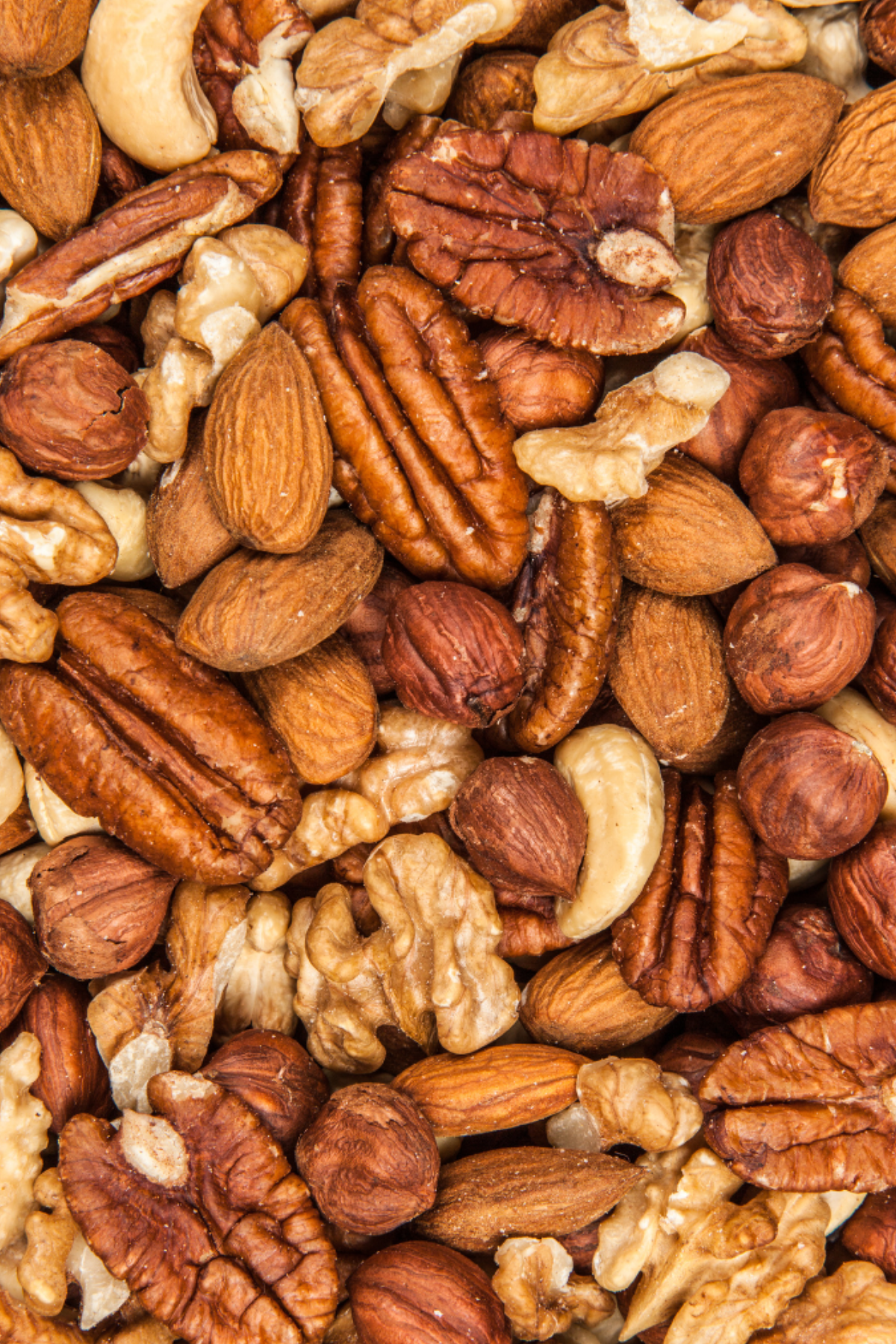
Nuts and Seeds: Snacking and Beyond great source of protein
Nuts and seeds are more than just a convenient snack; they are nutritional powerhouses that offer an array of health benefits, including a good amount of protein. They’re incredibly versatile, so you can easily incorporate them into various recipes or eat them on their own.
- Almonds: These nutritious nuts offer around 6 grams of protein per ounce. They are also high in vitamin E and healthy fats, making them a heart-healthy choice. Apart from snacking, you can use almonds to make homemade almond milk or grind them to create almond flour for gluten-free baking. Slivered almonds can be a crunchy addition to oatmeal, vegan yogurt bowls, or sprinkled over a vegetable stir-fry for added texture and nutrition.
- Chia Seeds: These small but mighty seeds provide a surprising 4 grams of protein per two tablespoons. Chia seeds are also high in omega-3 fatty acids, fiber, and antioxidants. The seeds have a unique ability to absorb water and form a gel-like substance, making them an excellent thickening agent for vegan chia pudding, smoothies, or even as an egg substitute in baking. Additionally, you can sprinkle them over salads for a nutrient boost or mix them into overnight oats for an effortless, nutritious breakfast.
- Walnuts: Providing around 4 grams of protein per ounce, walnuts are not only protein-rich but are also an excellent source of omega-3 fatty acids. They work well in both sweet and savory dishes; you can chop them up for a crunchy salad topping, or include them in desserts like vegan brownies and cookies.
- Pumpkin Seeds: Also known as pepitas, these seeds offer an impressive 9 grams of protein per ounce. They’re also rich in magnesium, iron, and zinc. You can snack on them as is, or add them to salads, soups, or homemade granola for added crunch and flavor.
- Sunflower Seeds: These seeds are another protein-packed option, offering around 6 grams per ounce. They are also a good source of vitamin E, magnesium, and healthy fats. Sunflower seed butter is a delicious alternative to traditional nut butter and can be used in sandwiches, dips, or dressings.
- Hemp Seeds: With around 10 grams of protein in just 3 tablespoons, hemp seeds are a protein powerhouse. They are also a complete protein, meaning they contain all nine essential amino acids. You can sprinkle them over salads, blend them into smoothies, or even make hemp milk.
- Cashews: These are lower in protein compared to other nuts, offering about 5 grams per ounce, but they are incredibly versatile in vegan cooking. They are often used to make creamy sauces, vegan cheeses, or milk alternatives.
- Peanuts: Often mistaken as a nut, peanuts are actually legumes, but they fit well in the nuts and seeds category due to their similar nutrient profile and usage. Peanuts offer around 7 grams of protein per ounce, making them a protein-rich snack option. They are also a good source of healthy fats, fiber, and various vitamins and minerals like niacin, folate, and vitamin E. Peanuts can be enjoyed in various forms—raw, roasted, or as peanut butter. They are the key ingredient in many Asian and African dishes and can also be used to make homemade protein bars or shakes. For those with a sweet tooth, peanut butter can be combined with plant-based ingredients to make delightful vegan desserts, like peanut butter cookies or peanut butter cups.
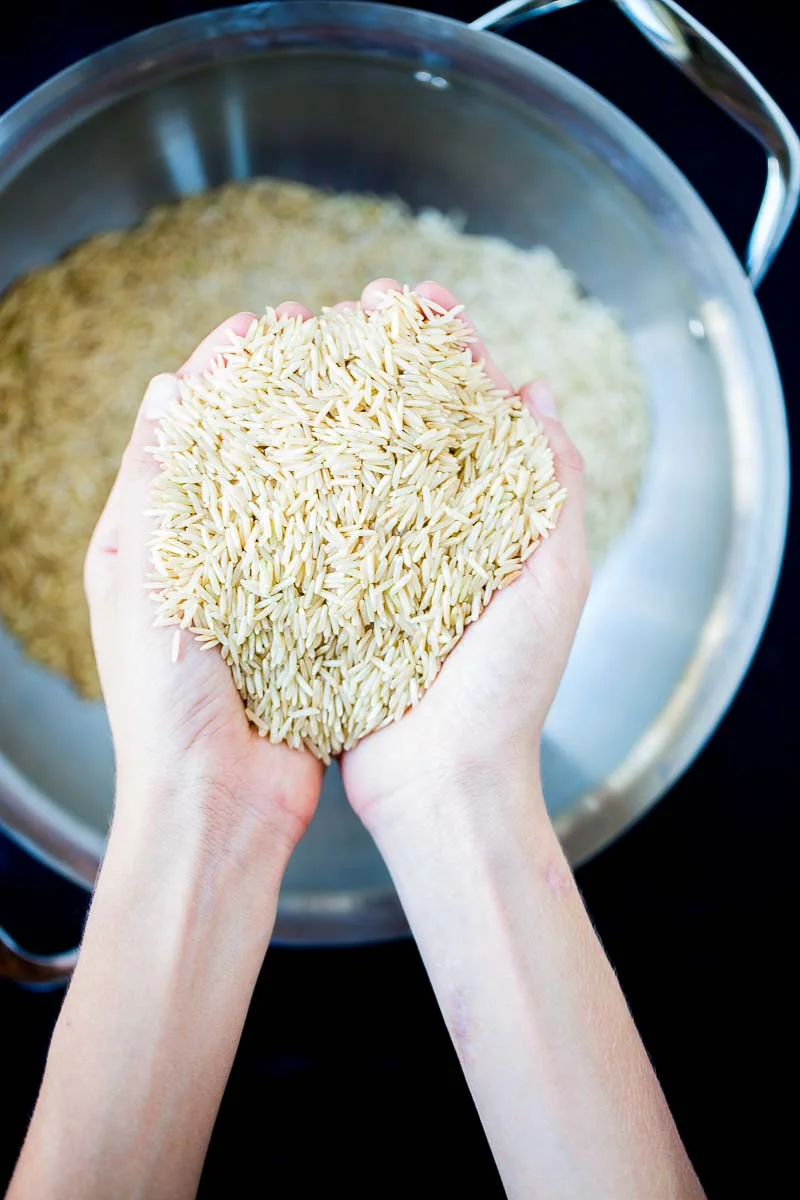
Whole Grains: More Than Just Carbs
- Quinoa: A complete protein source, meaning it contains all nine essential amino acids. One cup of cooked quinoa offers around 8 grams of protein. Excellent in salads or as a base for vegan stir-fries.
- Whole Wheat Bread: Opt for whole grains when choosing your bread. Two slices can provide up to 8 grams of protein. Combine with avocado for a hearty vegan avocado toast.
- Brown rice: Brown rice protein is a plant-based protein derived from whole-grain brown rice. It’s a fantastic option for those looking for a hypoallergenic protein source that’s vegan and gluten-free. While not a complete protein on its own, it’s often combined with pea protein to provide all the essential amino acids your body needs.
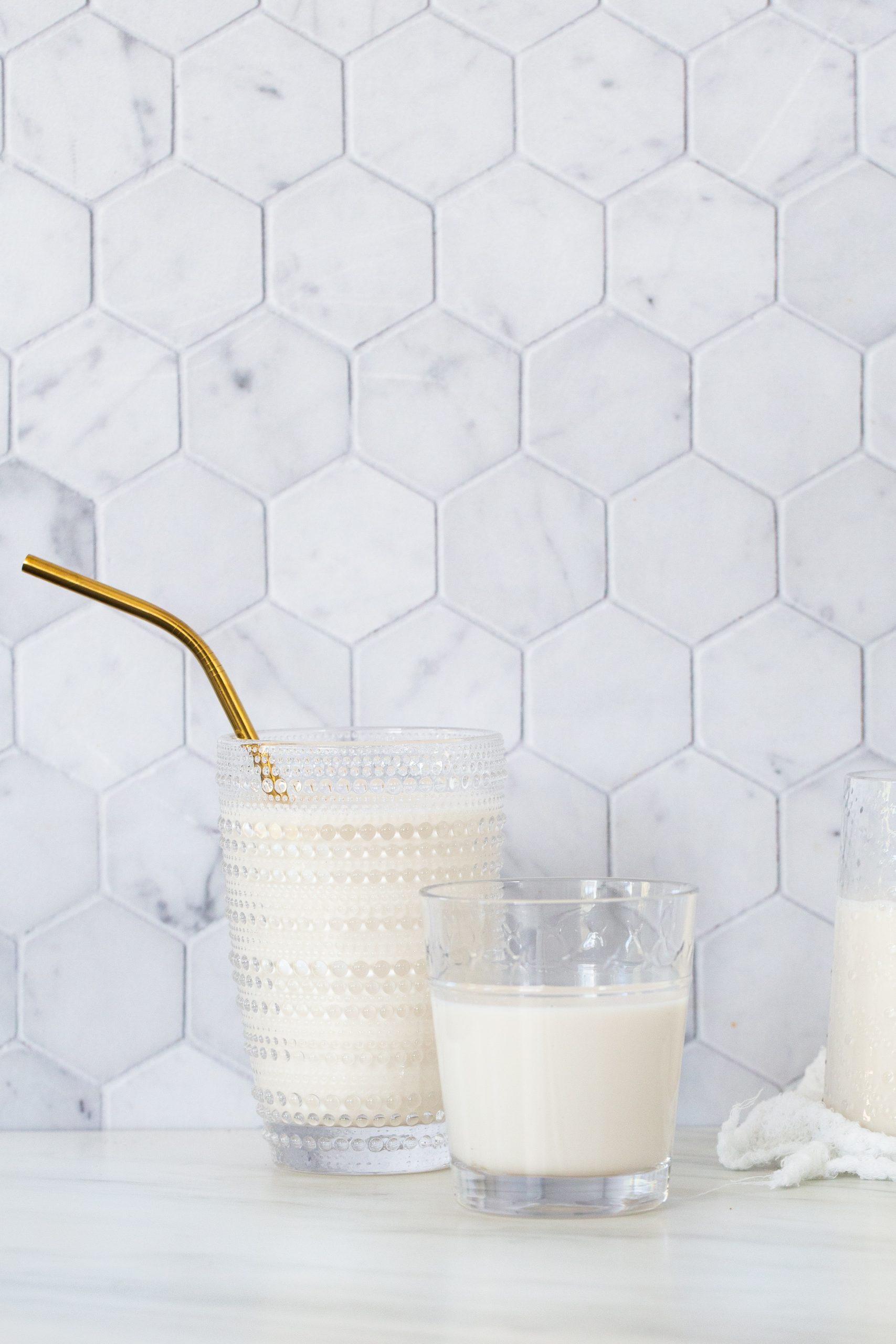
Dairy Alternatives
Dairy alternatives have come a long way in offering nutritious and delicious options for those who follow a vegan lifestyle or have dairy intolerances. These plant-based options are not just dairy-free but are also often enriched with additional nutrients, including protein. Let’s explore some popular ones:
- Almond Milk: One of the most popular dairy alternatives, almond milk is made from almonds and water. While not as protein-rich as cow’s milk, it is often fortified with vitamins and minerals. It’s perfect for cereals, smoothies, and vegan baking.
- Soy Milk: Boasting around 6–8 grams of protein per cup, soy milk is the closest to cow’s milk in terms of protein content. It’s also a good source of potassium and can be fortified with vitamins like B12 and D. Use it in everything from your morning coffee to creamy vegan sauces.
- Oat Milk: While lower in protein, offering about 2–4 grams per cup, oat milk has gained popularity for its creamy texture and natural sweetness. It’s a great option for lattes or as a milk substitute in baked goods.
- Cashew Milk: This milk alternative is creamy and rich, ideal for making vegan desserts or creamy sauces. It’s generally lower in protein but can be a good source of healthy fats.
- Coconut Milk: Often used in cooking and baking, coconut milk is rich and flavorful but low in protein. It’s high in saturated fats, so it’s best enjoyed in moderation.
- Hemp Milk: Made from hemp seeds, this milk alternative contains around 4–5 grams of protein per cup and is also a good source of omega-3 and omega-6 fatty acids. It has a nutty, earthy flavor and can be used in both sweet and savory dishes.
- Rice Milk: This is one of the least allergenic milk alternatives but is also low in protein. It’s naturally sweet and is often used in cereals and desserts.
- Pea Milk: A newer addition to the dairy-free family, pea milk offers around 8 grams of protein per cup, making it one of the higher-protein options. It’s also rich in DHA and omega-3 fatty acids.
- Plant-Based Yogurts and Cheeses: Made from various sources like almonds, soy, and cashews, these dairy alternatives often contain added protein to mimic the nutritional profile of their dairy counterparts. They come in various flavors and styles, from Greek yogurt alternatives to spreadable vegan cheeses.
- Plant-Based Creamers: Ideal for those who like a splash of creamer in their coffee or tea, these are usually made from almond, oat, or soy bases and can be found in a variety of flavors.
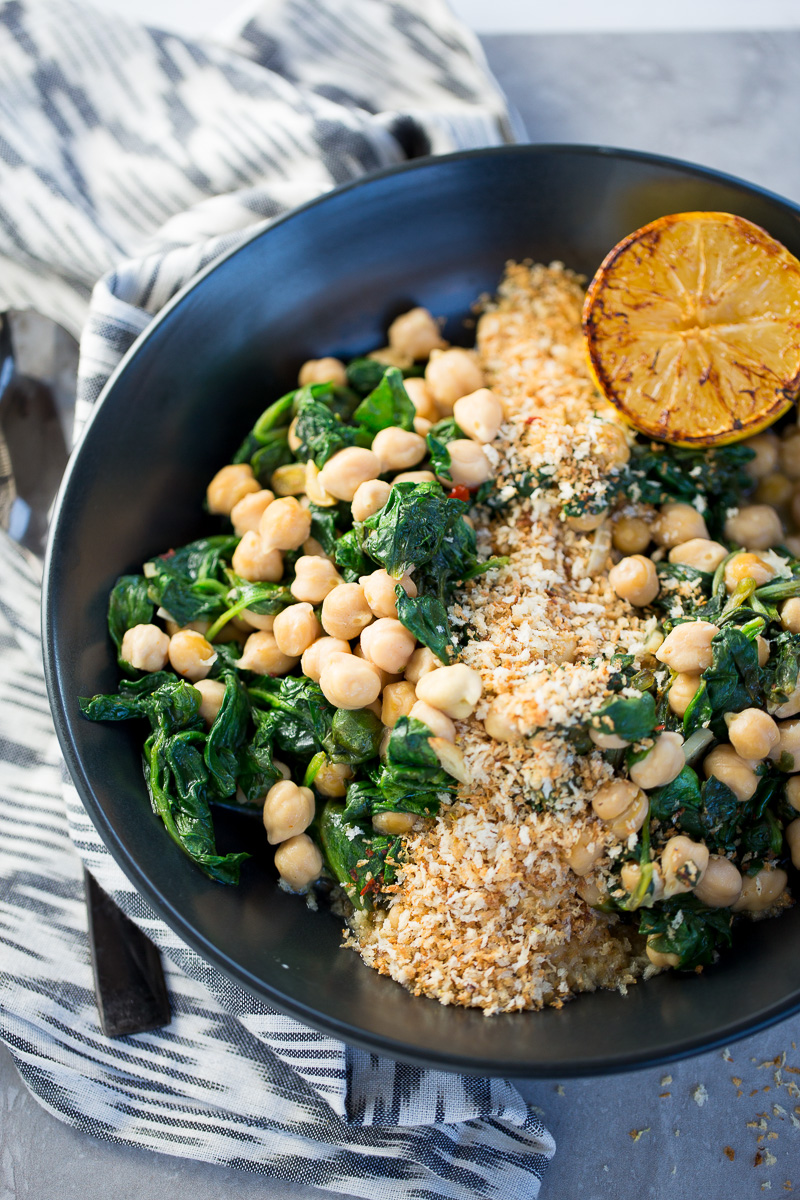
Protein in Vegetables: The Underappreciated Sources
- Spinach: This leafy green is more than just a rich source of iron and vitamins A and C; it also contains about 3 grams of protein per cooked cup. Spinach is incredibly versatile and can be used in a wide range of dishes, from smoothies and salads to sautéed sides and main courses like vegan lasagna or palak tofu (a vegan take on palak paneer).
- Brussels Sprouts: These tiny cabbages are a winter staple and offer around 4 grams of protein per cooked cup. Brussels sprouts are also high in fiber, vitamins, and minerals, including vitamin K and vitamin C. You can roast them for a crunchy side dish, shred them into a hearty salad, or even include them in stir-fries.
- Sweet Potatoes: While not exceedingly high in protein—offering around 2 grams per medium-sized potato—sweet potatoes are an excellent source of complex carbohydrates, fiber, and various vitamins like vitamins A and C. They are incredibly versatile; you can roast them, turn them into fries, mash them, or even include them in desserts and smoothies.
- Broccoli: Broccoli deserves special attention not just for its vibrant green hue but also for its surprising protein content. A cup of cooked broccoli provides around 4 grams of protein, which is pretty good for a vegetable. In addition to protein, broccoli is a nutritional powerhouse, rich in essential vitamins and minerals such as vitamin C, vitamin K, and folate. It’s also an excellent source of dietary fiber and contains various antioxidants like sulforaphane, known for its potential cancer-fighting properties.
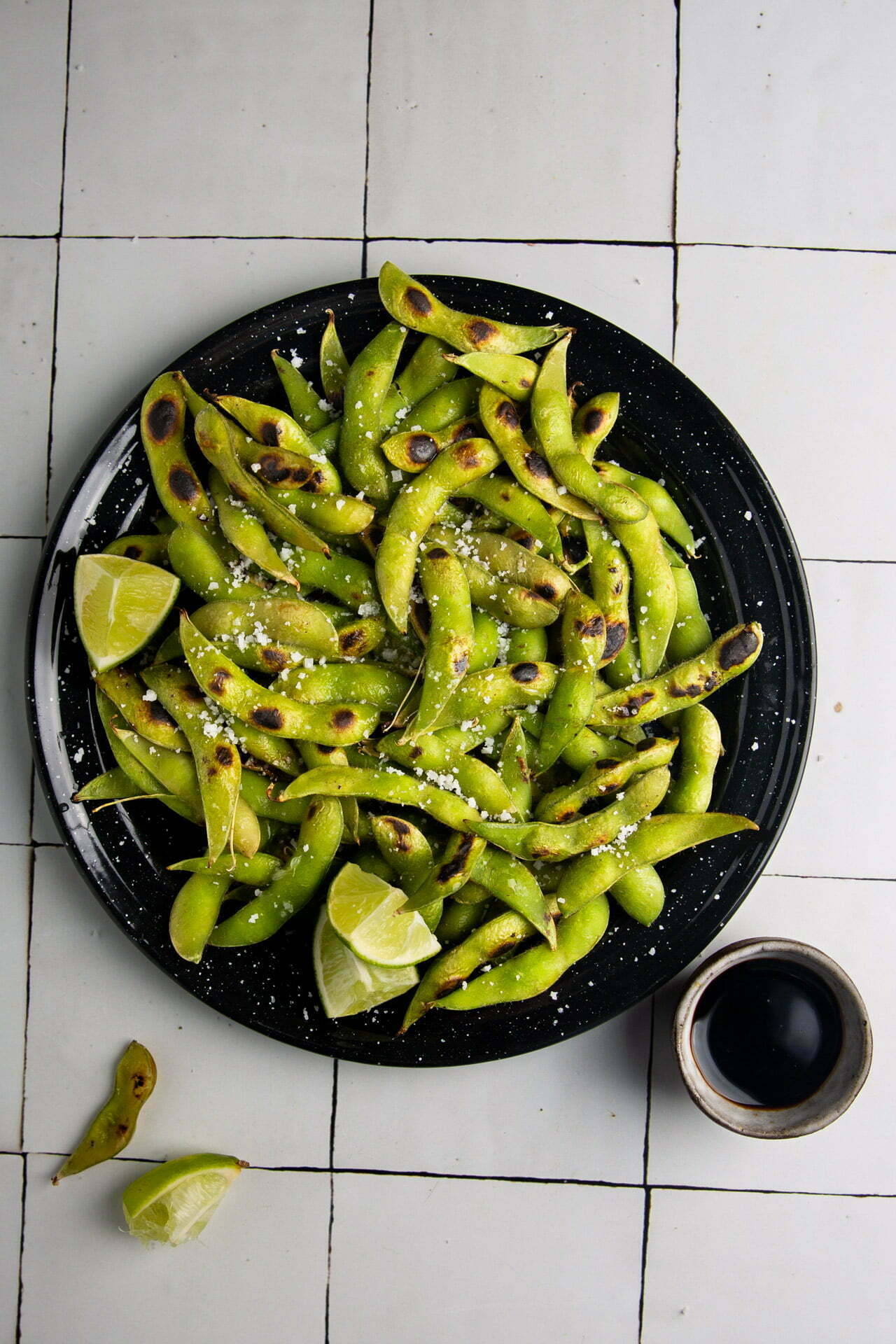
Other High-Protein Vegan Options
- Tofu: A highly versatile ingredient, it packs about 10 grams of protein per half-cup serving. Ideal for vegan scrambles or plant-based stir-fries.
- Tempeh: With a nutty flavor profile, tempeh provides around 15 grams of protein per half-cup. Great in vegan sandwiches and wraps.
- Edamame: These are young, unripe soybeans, usually steamed or boiled and served in their pods as a snack or appetizer. One cup of prepared edamame provides around 17 grams of protein. They are also a good source of fiber, vitamins, and minerals, including vitamin K and folate. You can enjoy them as is, toss them into salads, or blend them to make a tasty edamame hummus.
- Nutritional Yeast: This flaky, cheesy substitute is not just for flavor; it also offers around 8 grams of protein per two tablespoons.
- Seitan: Also known as “wheat meat,” seitan boasts an impressive 25 grams of protein per 3.5 ounces, making it one of the most protein-dense vegan options available. Made from gluten, the main protein in wheat, seitan is incredibly versatile and can mimic the texture of meat when cooked. It’s commonly used in vegan steaks, kebabs, sausages, and even deli slices for sandwiches. Though not suitable for those with gluten sensitivities, it’s a wonderful option for those looking for a meaty texture and high protein content. You can make it at home or buy it pre-made at many health food stores.
- Spirulina: This blue-green algae is a surprising source of protein, offering around 8 grams per two tablespoons. It’s also rich in various nutrients, including iron, B vitamins, and antioxidants. Spirulina powder can be easily added to smoothies, juices, or even sprinkled over salads for a nutrient boost.
- Vegan Protein Powder: While whole foods are generally preferred, vegan protein powders made from peas, rice, hemp, or a blend of plant proteins can be a convenient and effective way to meet higher protein needs. These can be blended into smoothies, used in baking, or stirred into oatmeal for an extra protein kick.
- Jackfruit: While lower in protein compared to other options (around 3 grams per cup), jackfruit is often used as a meat substitute in vegan recipes due to its texture. It’s commonly used in vegan pulled pork recipes, tacos, and curries.
- Mycoprotein: Found in certain meat substitute products, mycoprotein is made from a type of fungus and offers around 13 grams of protein per half-cup serving.
- Plant-based protein powders: Plant-based protein powders offer a convenient and efficient way to meet your protein needs, especially when you’re short on time or on the go. Made from a variety of plant sources like peas, rice, hemp, and even pumpkin seeds, these powders are not only vegan-friendly but often also free from common allergens like gluten and soy. Easy to blend into smoothies, stir into oatmeal, or incorporate into baked goods, plant-based protein powders provide a versatile and nutrient-packed addition to any diet. Whether you’re a busy professional, an athlete, or just someone looking to meet their nutritional goals, a scoop of plant-based protein powder can make all the difference.
- Peach Scones: A Delicious and Easy Recipe - July 24, 2024
- Panzanella inspired Pan Fried Gnocchi Salad - July 22, 2024
- Chickpea Vegan Ceviche - July 19, 2024
